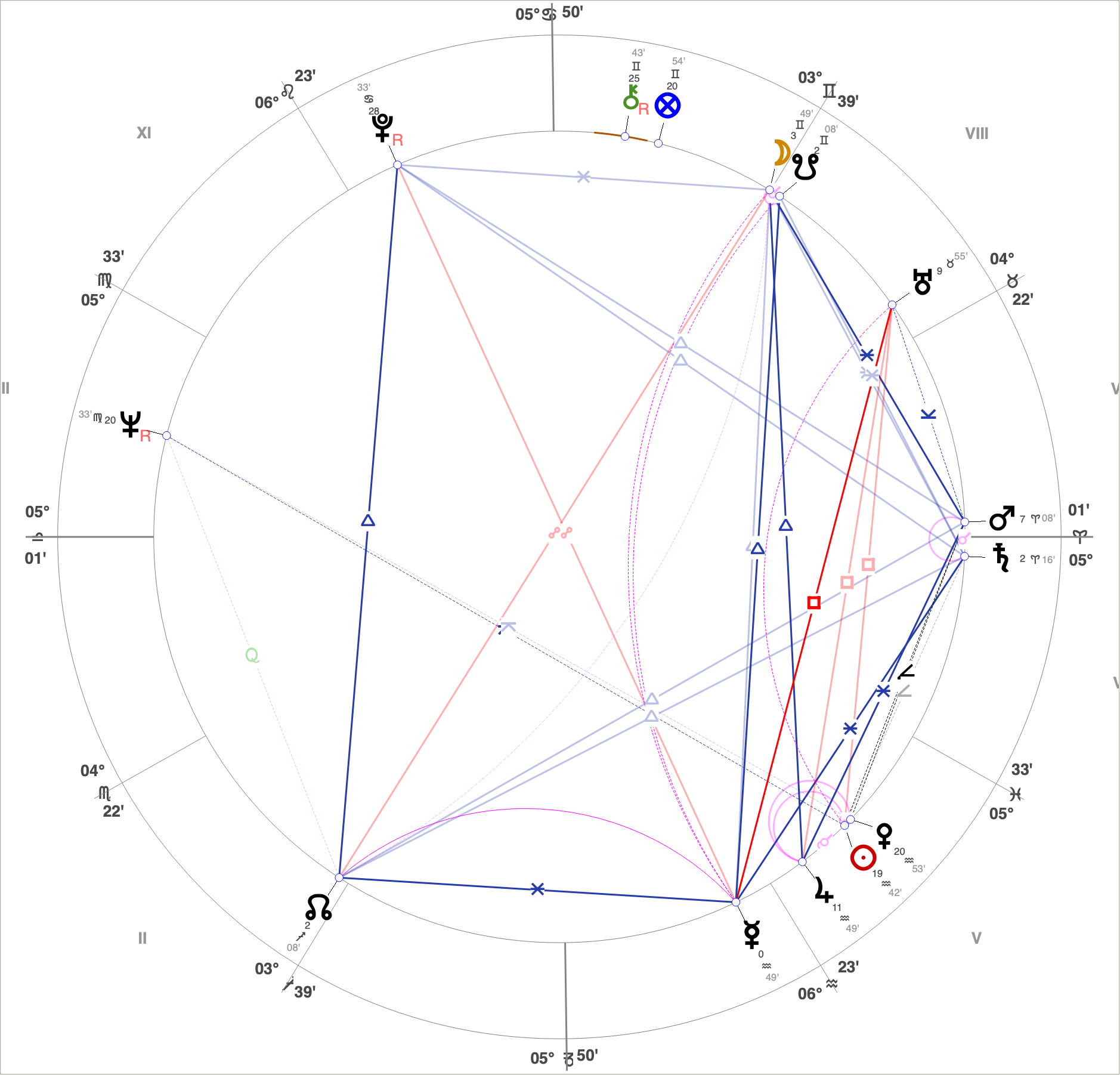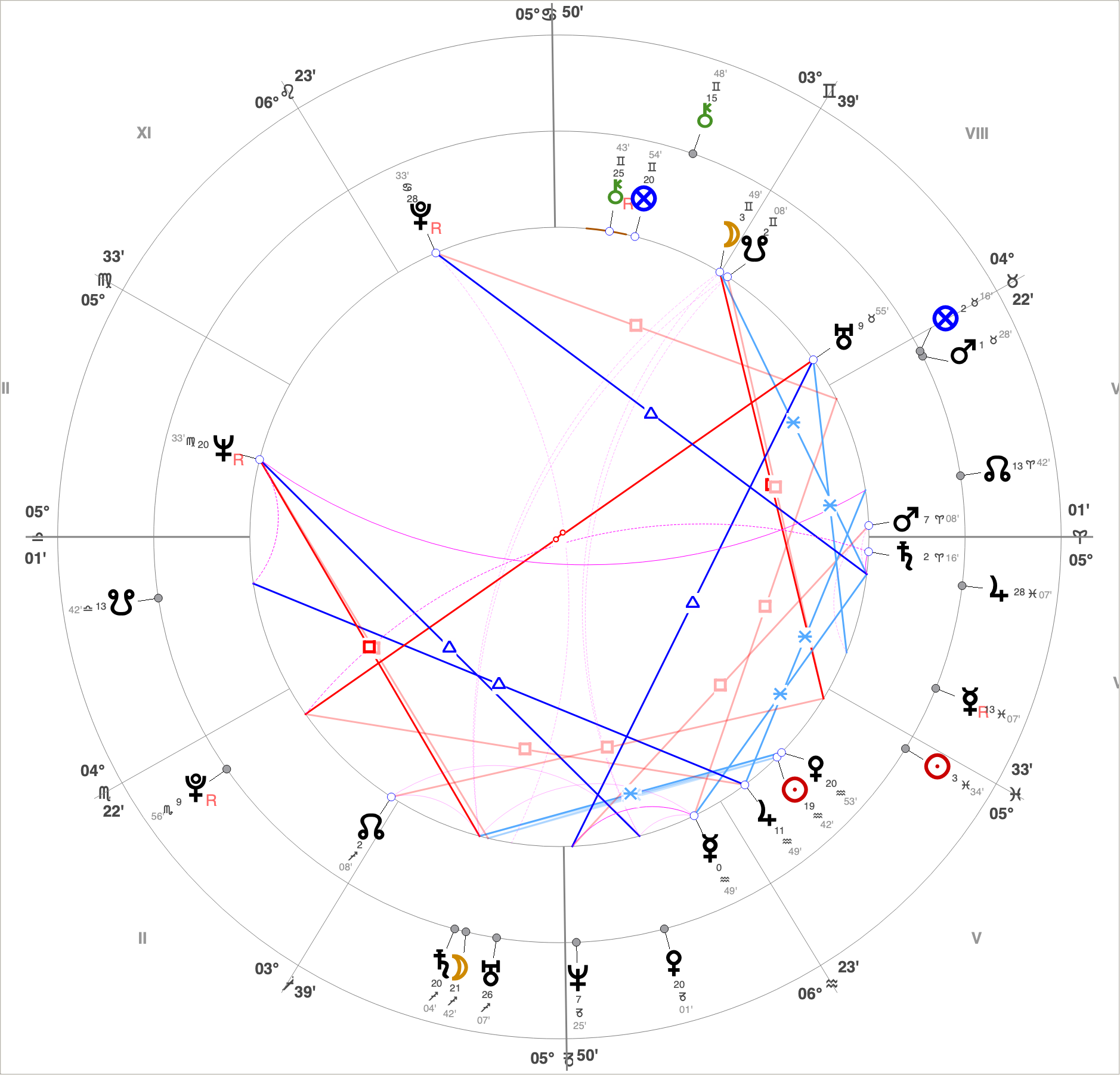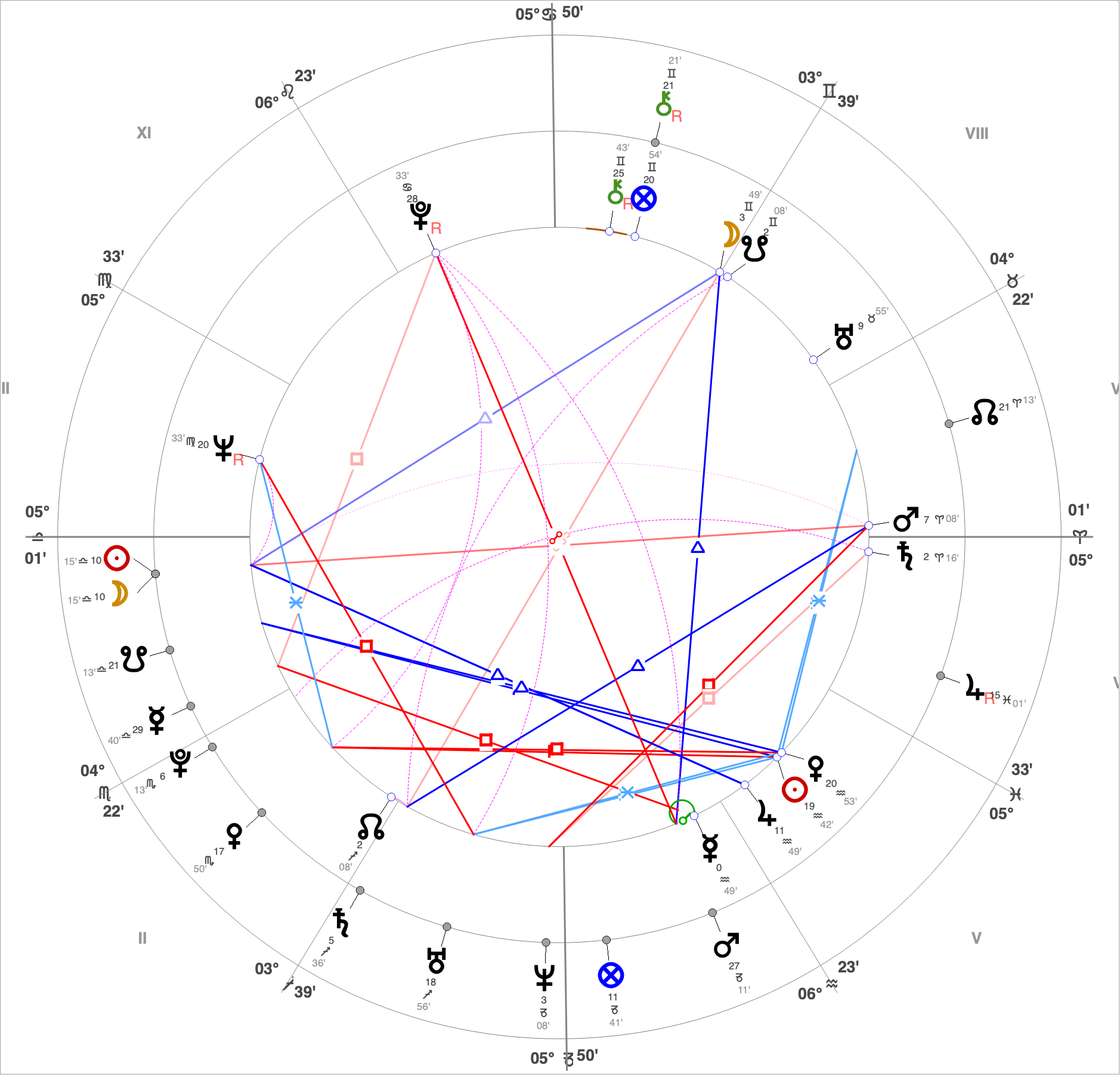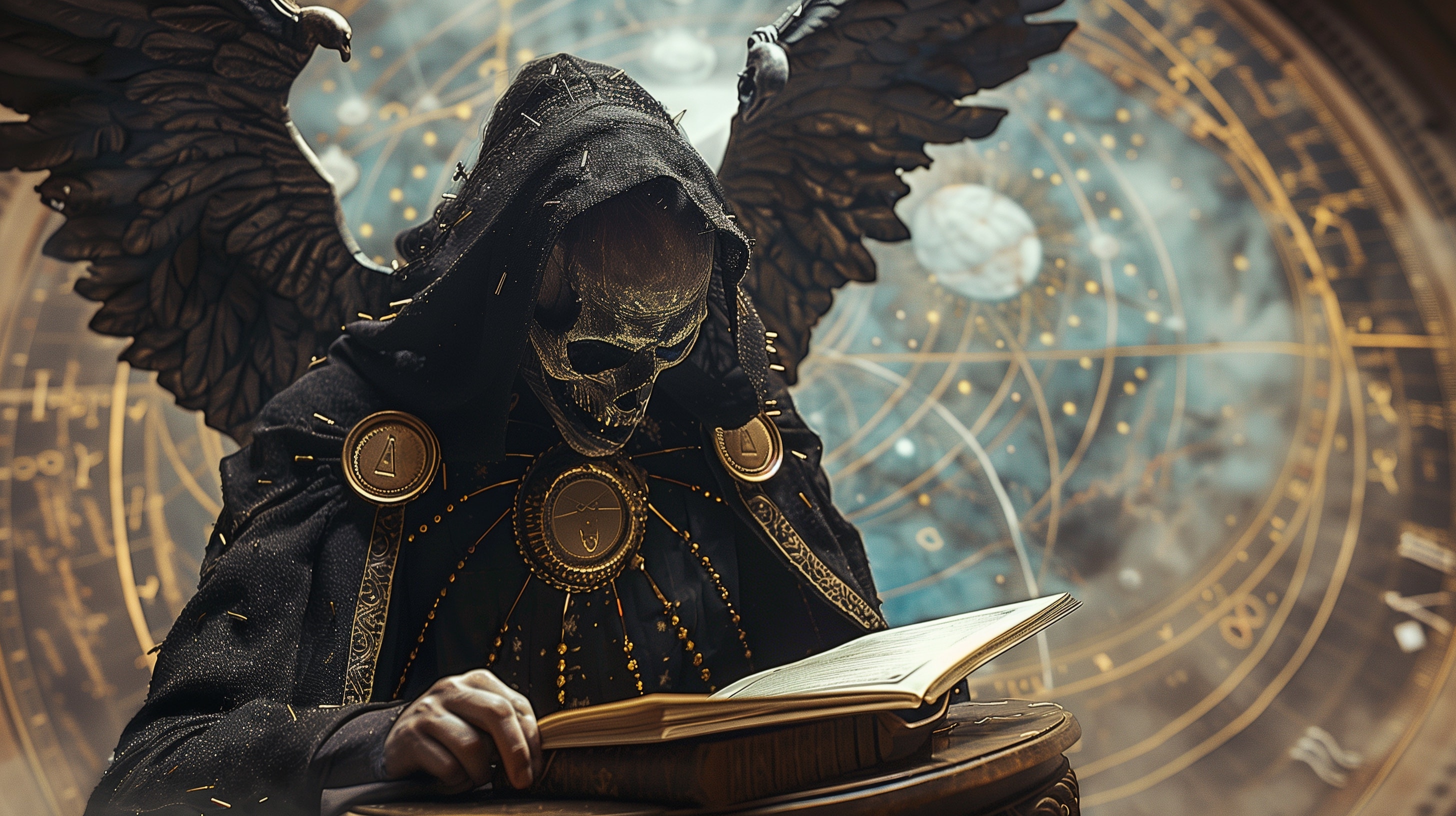
The death of an astrologer
I had just finished reading Through the Looking Glass A Search for the Self in the Mirror of Relationships, a transcription of a long seminar given by the astrologer Richard Idemon.
Before continuing with The Magic Thread, another transcription of one of his seminars, I wanted to learn more about this man. He was a friend and collaborator of the great astrologers Liz Greene and Henri Sasportas, both protagonists of the rapprochement of astrology and psychoanalysis through Greek myths and Jungian abstractions of the unconscious.
It was said that Idemon significantly influenced these astrologers and that his premature death was a big loss for advancing astrological art.
Very little is said about him, however. It is summarized in a short biography on astro.com. Only two events are described there:
- Health: Chronic illness, June 1985 (AIDS)
- Death by suicide on February 22, 1987 (by gunshot, at the age of 49)
This shocked me. On the one hand, the book I was about to read was a transcription of a seminar from 1986. The astrologer was, therefore, in the midst of struggle and suffering. At that time, medicine did not yet have much control over this disease, then considered the plague of gays.
On the other hand, and significantly, his brutal death contrasted with the dynamism and good humour that emanated from his teaching.
The site provides the two horoscopes related to these two crucial stages. One immediately sees Neptune's transit at the IC. At birth, Neptune was in the 12th house and quincunx with the Sun/Venus conjunction in the 5th house. Neptune was also the ruler by sign of the 6th house.

At the time of his death, progressed Saturn and progressed Sun were conjunct on the natal Mars, which can symbolize Idemon's abrupt end. Pluto opposed Uranus in the 7th house as if the entire collective unconscious was reclaiming its rights over an individual who sought to tell us about it through the mythical symbolism of the stars.

I have been deeply saddened since. The man was born the same year as my mother. He would be 86 years old now. He could have transmitted so much and evolved the art of astrology in so many ways.
Instead, he chose to take his own life, and probably only his friends, lovers, and partners could tell us his story... We also wonder what he saw in his chart through his painful struggle.
At his death, the Sun was at the apex of the natal lunar axis and square to the natal Moon. The Moon/Saturn conjunction transited the square to Neptune, while Venus made a trine as if bringing comfort. Violent Mars was square to natal Mercury and Pluto, not far from a conjunction with Uranus.
The previous solar eclipse in October 1986 seemed to foreshadow Idemon's fate. In opposition to natal Mars, Mercury squared to its natal position and thus squared to Pluto. Venus made a sextile to Neptune and trine to natal Venus, while the death occurred when Venus was in trine with Neptune and sextile to Venus. Finally, Pluto was already in contra-parallel with Saturn.

What decides what is in life? The cosmic clock seems to pull the strings as if the theatre of existence could only repeat the self-dramas of ancient deities.
This reminds me of a text I wrote, published in 1997 in La Vie dure and entitled Thomas Goes to Die, in which I tried to describe the psychology of a person wanting to end their life. It was not an autobiography but an accompaniment, so to speak, that I had done with a friend from that time. I recounted it in a post on my site titled Death, the Philosopher, the Guru, and the Doctor.
I will continue reading The Magic Thread and hope to have the courage and knowledge to convey his ideas and expertise. I continue my life, I love it too much, I am without judgment, but astonished by the act of suicide. I dare to believe that life must be stronger despite the trials. At the same time, some will say that it is a privilege to choose the moment when one leaves the train. Once again, I have no answer. It is probably more comfortable to ask questions.
Illustration: Midjourney


